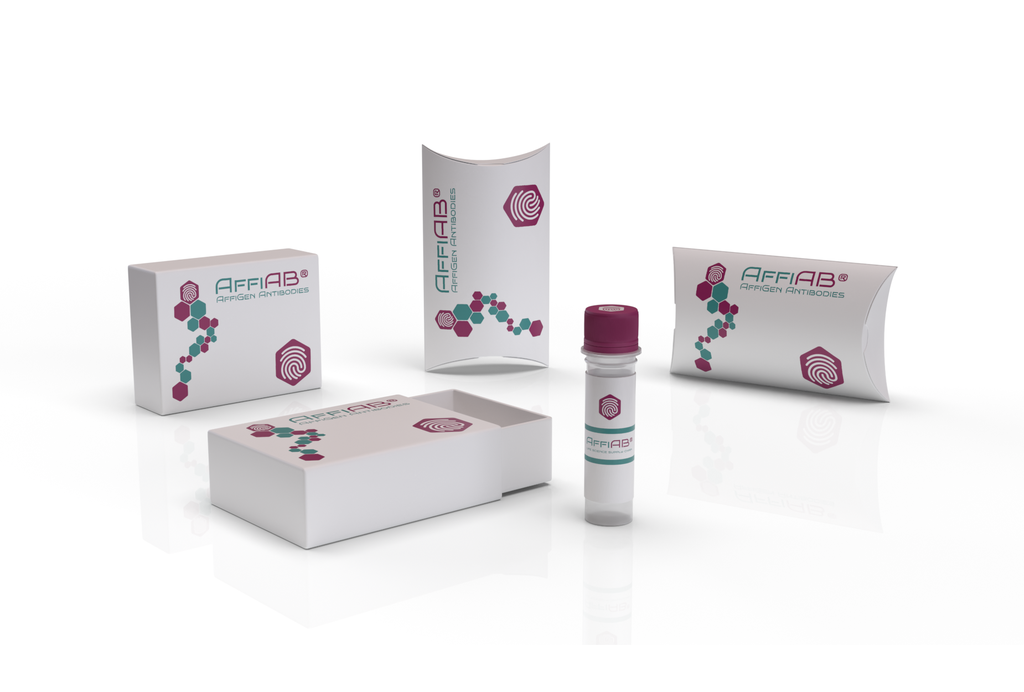AffiAB® Anti-HSP70 Antibody
The 70 kilodalton heat shock proteins (Hsp70s) are a family of conserved ubiquitously expressedheat shock proteins. Proteins with similar structure exist in virtually all living organisms. The Hsp70s are an important part of the cell's machinery for protein folding, and help to protect cells from stress. When not interacting with a substrate peptide, Hsp70 is usually in an ATP bound state. Hsp70 by itself is characterized by a very weak ATPase activity, such that spontaneous hydrolysis will not occur for many minutes. As newly synthesized proteins emerge from the?ribosomes, the substrate binding domain of Hsp70 recognizes sequences of hydrophobic amino acid residues, and interacts with them. This spontaneous interaction is reversible, and in the ATP bound state Hsp70 may relatively freely bind and release peptides. However, the presence of a peptide in the binding domain stimulates the ATPase activity of Hsp70, increasing its normally slow rate of ATP hydrolysis.
Antibody type
Rabbit polyclonal Antibody
Uniprot ID
SwissProt: P0DMV8 Human
Recombinant
NO
Conjugation
Non-conjugated
Host
Rabbit
Isotype
IgG
Clone
N/A
KO/KD
N/A
Species reactivity
Human, Mouse, Rat
Tested applications
WB, IF-Cell, IHC-P
Predicted species reactivity
Cow
Immunogen
Synthetic peptide within N-terminalhuman HSP70.
Storage
Store at +4°C after thawing. Aliquot store at -20°C or -80°C. Avoid repeated freeze / thaw cycles.
Form
Liquid
Storage buffer
1*PBS (pH7.4) , 0.2% BSA, 40% Glycerol. Preservative: 0.05% Sodium Azide.
Concentration
1 mg/mL.
Purity
Immunogen affinity purified.
Signal pathway
MAPK signaling pathway
Recommended dilutions
WB: 1:500; IF-Cell: 1:200; IHC-P: 1:200
Molecular Weight
70 kDa
Subcellular location
Cytoplasm.
Positive control
A549, MCF-7, HCT116, A431, SHG-44, SKBR-3, mouse testis tissue, mouse prostate tissue, mouse brain tissue, human breast cancer tissue.
